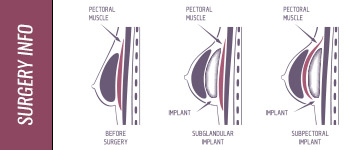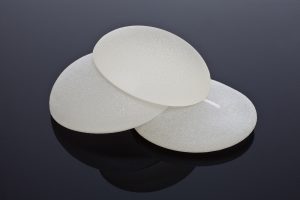According to a North Carolina Court of Appeals ruling, breast implants are covered in workers’ compensation claims because they are a “prosthetic device that functions as part of the body.” The ruling was made as part of a workers’ compensation claim made by a woman involved in an on-the-job car accident that caused rupture, rippling, and a decrease in size of her implants, according to her suit.
Although the woman had both implants replaced because the right implant had ruptured, while the left showed signs of rippling, her plastic surgeon testified that the rippling was due to underfilling of the saline implant, not the accident.Two of the three judges on the court decided that underfilling of the implant, a possible complication of saline implants, which are filled by the doctor as part of the implant surgery, should not be covered as part of the claim.The dissenting judge asserted that the accidental rupture of one implant meant that both would have to be replaced to ensure symmetry, and therefore both should be recovered.
The case is important because it not only extends workers’ compensation claims to breast implants, but highlights one of the chief distinguishing features between saline and silicone breast implants. Silicone implants come pre-filled to the optimum level whereas saline implants are filled during the operation. The advantage of late filling of saline implants is that it allows them to be inserted endoscopically via transaxillary or transumbillical incisions, which require the implant be rolled or folded.





Leave a Reply